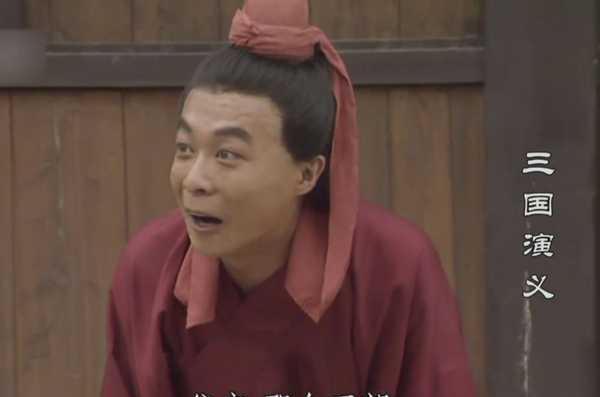Political Discourse and Face: A Study of Ancient Chinese Diplomacy
A historical analysis examining how Wang Lang’s potential response to Zhuge Liang’s insult would have significant political and social implications in ancient Chinese diplomatic exchanges during the Three Kingdoms period.

The interaction between Wang Lang and Zhuge Liang represents a pivotal moment in Chinese diplomatic history that illuminates the complex relationship between personal honor and political legitimacy in ancient China. This encounter took place during a critical military standoff between the forces of Wei and Shu.
The political dynamics at play were intricate. Wang Lang, serving as an emissary at age 76, was tasked with a diplomatic mission to persuade Zhuge Liang’s forces to withdraw. However, when Zhuge Liang delivered the devastating accusation of being “shameless,” Wang Lang faced a profound dilemma that transcended mere personal insult.
In Chinese political culture, particularly during the Three Kingdoms period, maintaining face was inseparable from maintaining political authority. A diplomat’s personal dignity directly reflected the legitimacy of the state they represented. For Wang Lang to agree with Zhuge Liang’s characterization would have catastrophic implications beyond his personal reputation.
The suggested response of “Yes, and now you’ve met one” would have effectively delegitimized not only Wang Lang but the entire Wei political establishment. Such an admission would have signaled that Wei’s authority lacked moral foundation, potentially devastating troop morale and undermining Wei’s claim to legitimate rule.
Military historians note that armies of this period relied heavily on moral authority and righteousness to maintain cohesion. Soldiers fighting for Wei would have found their entire cause questioned if their own representative admitted to being without shame or honor. This highlights how diplomatic exchanges served as proxy battles for competing claims to the Mandate of Heaven.
The classical Chinese concept of face (mianzi) operated on multiple levels in such exchanges. Beyond personal reputation, it encompassed the collective honor of one’s state, ancestors, and cultural traditions. A diplomat’s loss of face could ripple outward to delegitimize the entire political order they represented.
Furthermore, this exchange demonstrates how diplomatic discourse in ancient China functioned as a form of ritualized combat. Words were weapons wielded with precision, and admitting to shamelessness would be equivalent to laying down arms before battle began. The consequences would extend far beyond the immediate military situation to impact the fundamental basis of political authority.
This incident provides valuable insights into how personal honor and state legitimacy were inextricably linked in classical Chinese political thought. The repercussions of diplomatic exchanges could reshape the political landscape as dramatically as military engagements.
What makes this hypothetical particularly fascinating is how it would have violated core Confucian principles about proper behavior for scholars and officials. The concept of shame played a central role in maintaining social and political order. To publicly embrace shamelessness would have represented a rejection of the entire moral framework underpinning Chinese civilization.
The textual sources from this period consistently emphasize how diplomatic encounters were viewed as tests of moral character that could legitimize or delegitimize competing political claims. This explains why Wang Lang’s hypothetical response would have been so catastrophic – it would have amounted to ideological surrender.